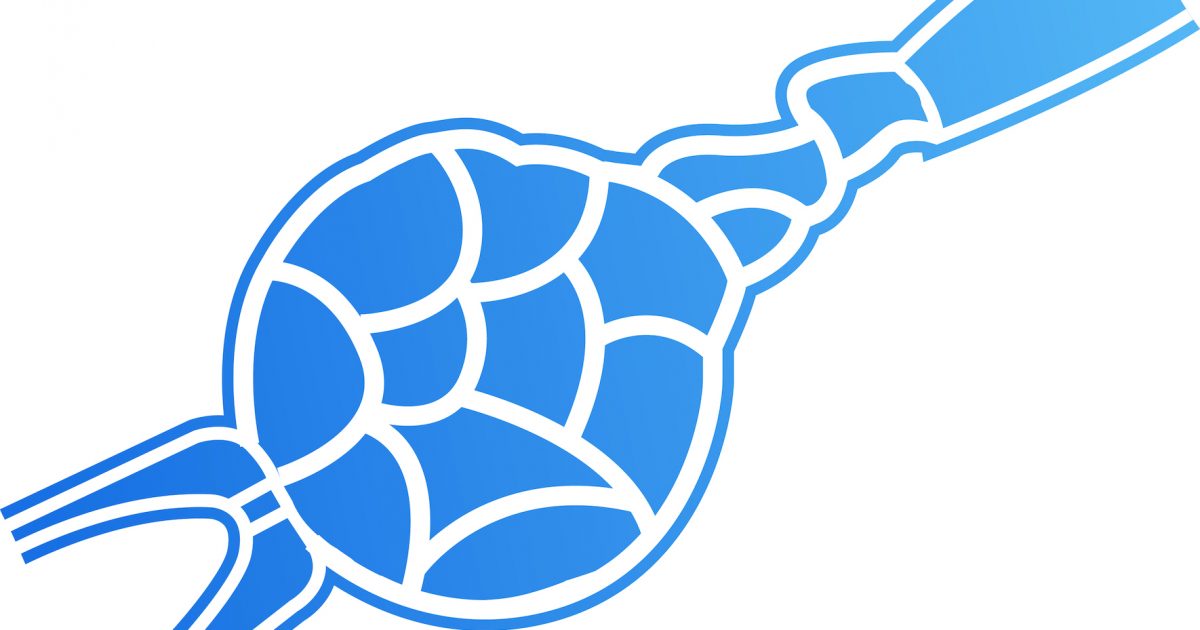I’m looking at EBA but couldn’t find any reviews or feedback on it. Has anyone used their eggs what do you think about their egg quality and the success rate (in real life) I have friends used World Egg Bank, although she eventually conceived a boy after failing twice. I dont think their donor egg quality is very good, and heard their service isnt consistent. plus they are expensive and only offer 6 eggs.
Would really like to see what other think of Egg Bank Asia pls. TIA
Would really like to see what other think of Egg Bank Asia pls. TIA

















